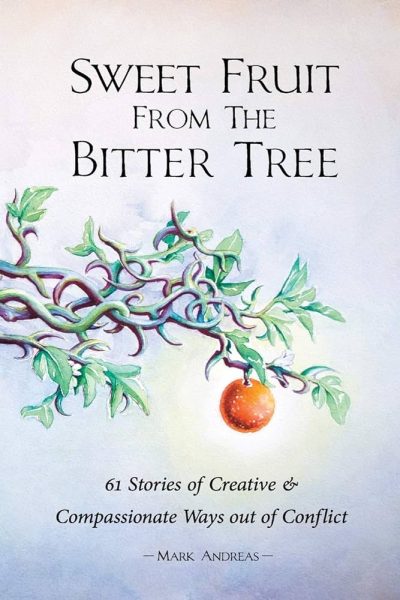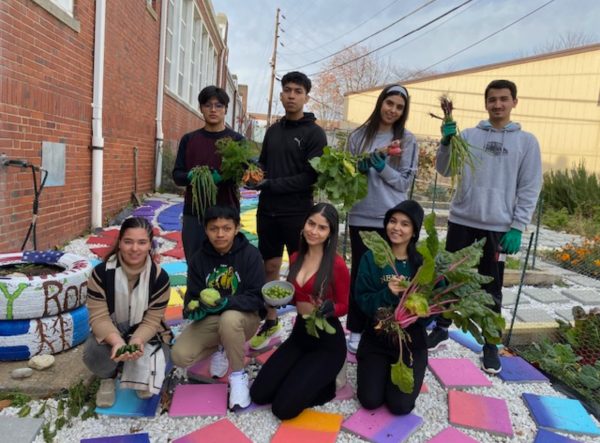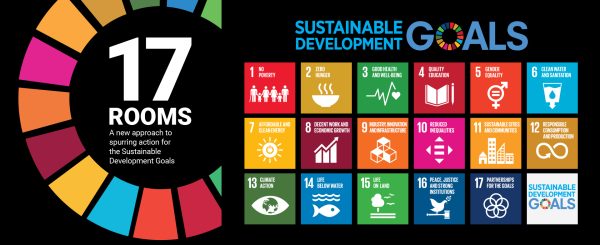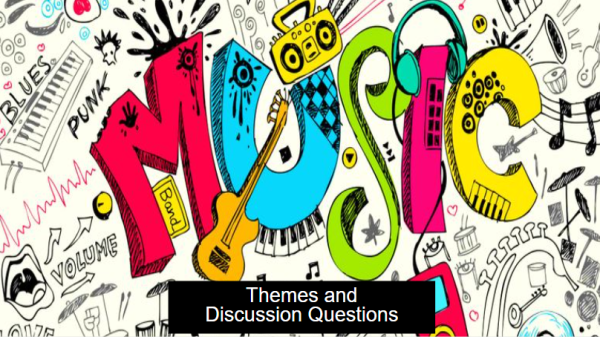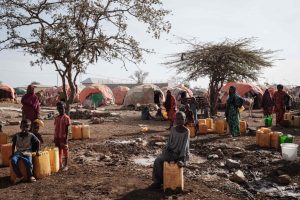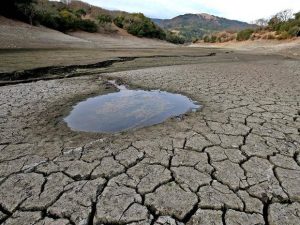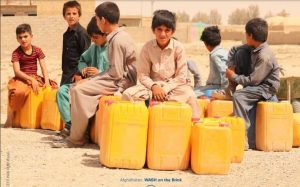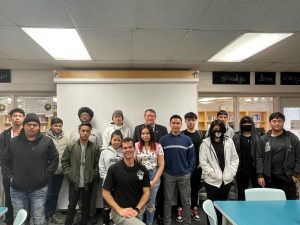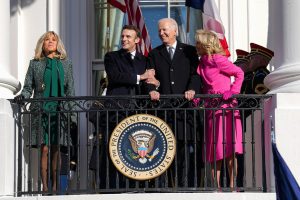OC’s Sierra Leone Story
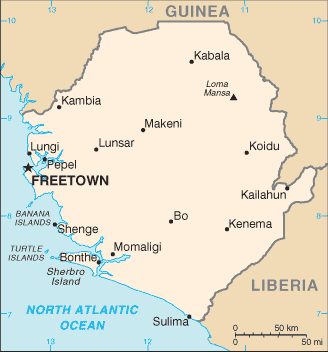
My name is O C, I’m from Sierra Leone in West Africa. I’ve lived in Sierra Leone for 18 years before coming to the U.S I’ve learned English in Sierra Leone in school from the time I was 7 years old. It was a government school in Waterloo. I came to the U.S on June 19, 2017 by then I was 18 years old. I used to live with my mom, 2 brothers, and my little sister. My father is a police officer in Kabala, Sierra Leone. He did not live with us. My mom was the one who took care of us and paid for our food and school. My mom came to the states in 2009 and fought for me to have the opportunity to come here and pursue my education.
My family like many others in Sierra Leone made money farming. As a boy I helped with the farm and went to school.
- Our foods are Cassava, yam, potato, rice, and coco, etc.
- In our Culture we play soccer, it’s the most popular sport in Sierra Leone, at night we will sit outside and tell stories. Sometimes our parent will sit with us and tell us about their past story.
Challenges in Sierra Leone
- In Sierra Leone we have to go to work by foot; no car. I walked from my house to school. There are no school buses.
- Going to school in Sierra Leone is difficult because we do eight subjects a day. If we have a test we study and take it in all those subjects.
- My mom was a farmer sometimes we skipped school just to help her at the farm. Sometimes she gets upset when we skip School, when I was 10 years old my mom came to the U.S. I lived with my uncle for three years. He died when I was 13 years old. Then I lived with my step mom for three years before moving to Freetown the capital city of Sierra Leone. I stayed there for two years without going to school. In 2017 I moved to the U.S. to stay with my mom.
Differences between Sierra Leone and Virginia
- In Virginia you can get a job when you are still in school.
- In Sierra Leone it’s hard to get a job even if you finish school.
- Virginia has lot of privilege we have free Education, and Job opportunities.
- Sierra Leone we don’t have all this opportunity.
I Discovered my new home in Herndon Virginia, and Mountain View is the first school in America that I attended. I live with my mom and my 2 older brothers and little sister. I work at Dulles airport serving fast food.
Memories from school in Sierra Leone
- In Sierra Leone we don’t have free Education our have to pay before going to school.
- We have two shift Morning and Afternoon.
- In Sierra Leone we put on school uniforms.
Language, Culture, Food, Way of life in Sierra Leone
- Kiro is our language it’s the same as English but spoken differed way. So this is like a type of English creole; a type of African English.
Example: To say Hi Whats Up? Couche h)w you de do
http://www.fao.org/europeanunion/eu-projects/eu-food-facility-details/en/
This relates to WORLD HISTORY class because it shows that the Europeans brought their written language and history to Africa which is a place of spoken language and history. Europeans used language and culture as a way to have power over the Africans who they imperialised. This is why I began learning English in my government school because English became the economic language of power.
African-American and West Indianslaves. Although English is the official language, used in schools and government administration, Krio, an English-based creole, is the most widely spoken language across Sierra Leone and is spoken by 97% of the country’s population. The Krio language unites all the different ethnic groups in the country, especially in their trade and social interaction.
British West Africa. Sierra Leone was colonized in 1787 by freed slaves arriving from England; other groups followed from Nova Scotia (1792) and Jamaica (1800). They were sponsored and governed by the private Sierra Leone Company until 1808, when Britain made Sierra Leone a crown colony.
https://www.britannica.com/topic/history-of-Sierra-Leone
Sierra Leone was a British Crown Colony from 1808 to 1961. Sierra Leone became independent from the United Kingdom on 27 April 1961, led by Sir Milton Margai. In May 1962, Sierra Leone held its first general elections as an independent nation. On 19 April 1971, Siaka Stevens‘ government abolished Sierra Leone’s parliamentary government system and declared Sierra Leone a presidential republic with Stevens as the country’s first president. From 1978 to 1985, Sierra Leone was a one-party state in which Stevens’ APC was the only legal political party in the country. The current constitution of Sierra Leone, which includes multiparty democracy, was adopted in 1991 by the government of President Joseph Saidu Momoh, Stevens’ hand-picked successor. On 23 March 1991, a rebel group known as the Revolutionary United Front led by a former Sierra Leone army officer Foday Sankoh launched an eleven-year brutal civil war in the country, in an unsuccessful goal to overthrow the Sierra Leone government.
In April 1992, the Sierra Leone military toppled Momoh from power. In January 1996, the military government under Brigadier GeneralJulius Maada Bio returned the country to multi-party democracy and the 1991 constitution was reestablished. Bio handed power to Ahmad Tejan Kabbah after his victory in the 1996 Sierra Leone presidential election. In 1997, the military overthrew President Kabbah. However, in February 1998, a coalition of West African Ecowas armed forces led by Nigeria removed the military junta from power by force and President Kabbah was reinstated as president. Sierra Leone has had an uninterrupted democracy from 1998 to present. In January 2002, President Ahmad Tejan Kabbah fulfilled his campaign promise by officially ending the civil war as the rebels were defeated by military force with the help and support of Ecowas, the British government, the African Union, and the United Nations.
About 16 ethnic groups inhabit Sierra Leone, each with its own language and customs. The two largest and most influential are the Temne and Mende. The Temne are predominantly found in the northwest of the country, and the Mende are predominant in the southeast. Comprising a small minority, about 2%, are the Krio people, who are descendants of freed African-American and West Indianslaves. Although English is the official language, used in schools and government administration, Krio, an English-based creole, is the most widely spoken language across Sierra Leone and is spoken by 97% of the country’s population. The Krio language unites all the different ethnic groups in the country, especially in their trade and social interaction.
Sierra Leone is a Muslim-majority country at 78%, though there is an influential Christian minority at about 21%.[10] Sierra Leone is regarded as one of the most religiously tolerant states in the world. Muslims and Christians collaborate and interact with each other very peacefully, and religious violence is very rare. The major Christian and Muslim holidays are officially public holidays in the country, including Christmas, Easter, Eid al-Fitr, and Eid al-Adha. In politics, the vast majority of Sierra Leoneans vote for a candidate without regard to whether the candidate is a Muslim or a Christian.[11][12]
Sierra Leone has relied on mining, especially diamonds, for its economic base. It is also among the largest producers of titanium and bauxite, is a major producer of gold, and has one of the world’s largest deposits of rutile. Sierra Leone is home to the third-largest natural harbour in the world. Despite this natural wealth, 53% of its population lived in poverty in 2011.[13] Sierra Leone is a member of many international organisations, including the United Nations, the African Union, the Economic Community of West African States(ECOWAS), the Mano River Union, the Commonwealth of Nations, the African Development Bank and the Organisation of Islamic Cooperation.


